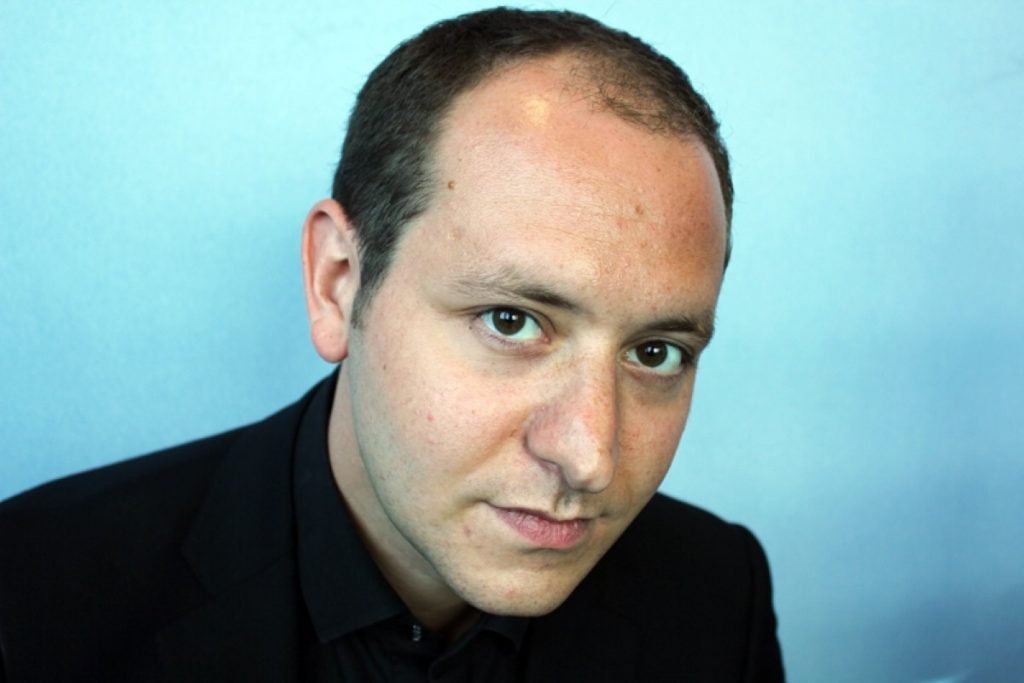Comment: Critical voices silenced as the establishment comes out for Thatcher
It's rarely this explicit. Usually the establishment is a murky, slippery thing – barely discernible in the rough and tumble of British public life. It is like the wind. You can feel it – as a limitation on achievement, an unspoken compact right at the very top – but you can't always see it. Margaret Thatcher's death has pulled apart the curtains for a peek inside.
The best clue came in the Ministry of Defence's use of the codename 'True Blue' for the army operation over her funeral. Can you imagine a similarly proud designation of politics for a Labour leader? The Queen's decision to attend, despite her awkward relationship with Thatcherism – and, according to some accounts, with Thatcher herself – gives the firm stamp of establishment approval. Today's recall of parliament is the cherry on top, a financially and constitutionally questionable decision.
When parliament was recalled for the summer riots in 2011 it cost the taxpayer £43,857, but that didn't include payments for MPs travel expenses, which would see public money stumped up to get them back to London from anywhere in the world. Unusually, organisations like the Taxpayers' Alliance, which usually email every time a minister uses a paperclip, have not filled inboxes with complaints.
Constitutionally the debate contributes to the new sainthood of Margaret Thatcher. It will be filled by Tory backbenchers praising the former prime minister but places her opponents in a difficult and unusual position. Ed Miliband is so desperate not to look disrespectful towards the dead is likely to ask his MPs to keep their comments positive, neutral or couched in extraordinarily diplomatic terms. This is an unhelpful and iniquitous response to the death of a public figure.
Politicians are not entitled to the same politeness and restraint we show upon the death of normal people. Politicians change society, so it is vital society debate them in death, rather than restrict itself to piety. Being a politician is a supremely honourable profession. It represents the desire to change the world – a commendable and decent way to live one's life. The price one pays for engaging in it is to lose one's privacy and the rights enjoyed by others. That is a price politicians should be willing to pay and which Thatcher always appeared to.
Instead, her supporters are ruling out criticism as insensitive. The opinions of anyone under 40 have also been stricken from the record, even though both detractors and supporters agree the effects of her rule – such as the destruction of the manufacturing base or the faith in private sector incentives – last until the present day. Others are ruled out because they live in London and are not from the northern constituencies her policies savaged. Some of those who have spoken out against Thatcher are subject to peculiarly macho rhetoric. Twitter has been awash with unpleasant phrases – 'pygmies of the left', 'leftards' and all that. It's nothing unacceptable, but it is disreputable.
That corresponds with a strange sainthood being granted to this most divisive of prime ministers. Her role as military leader during the Falklands is as publicised now as it was during the general election that followed the conflict. She is pictured on tanks, gazing at the front line – unmistakeable hints of Boadicea. Military honours are being embedded in the funeral, with all three services included.
Her funeral is being changed into a state funeral in all but name, from the military flavour to the Queen's attendance. Her politics – some of the most right-wing ever held by a mainstream politician – are being reinterpreted as apolitical; statesmanlike even. Only Churchill, who saved Britain from Nazi rule, was granted a state funeral. But the broad approach to his death has been used on Thatcher. It started with the dubious efforts to say Thatcher 'saved' Britain – an early attempt to 'Churchillise' her in preparation for statesman-level status.
For those on the right it is not about love for this strange, massive figure. It is about winning the political argument – following her own self-acknowledged greatest success in shifting the centre ground to the right. They want to make her politics establishment politics, to inject them into the fabric of the body politic.
Its actual effect is quite different. It cements division – just as she did. It shows the country how resolutely the establishment takes care of its own, how it envelops its representatives in pomp and ceremony and shuts down critical voices.
The permanence of British institutions like the monarchy comes from their perceived neutrality in a grossly unequal and diverse country. Today's debate shows how tenuous that perception is. Next week's funeral, with the solemn coverage it will entail, will be even worse. It turns division into statesmanship.
Our best hope now is that today's parliament debate lacks piety and furiously questions her legacy in a manner which is personally respectable but politically robust.
Thatcher supported dictators like General Pinochet in Chile, but for all her faults she was a staunch defender of democracy and free speech, not least in her resolute opposition to fascist aggression from Argentina. She would have expected nothing less than genuine debate upon her death. Those who try to shut it down do her a disservice. MPs on all sides of the House should speak freely and without fear of censor.
The opinions in politics.co.uk's Comment and Analysis section are those of the author and are no reflection of the views of the website or its owners.





-01.png)